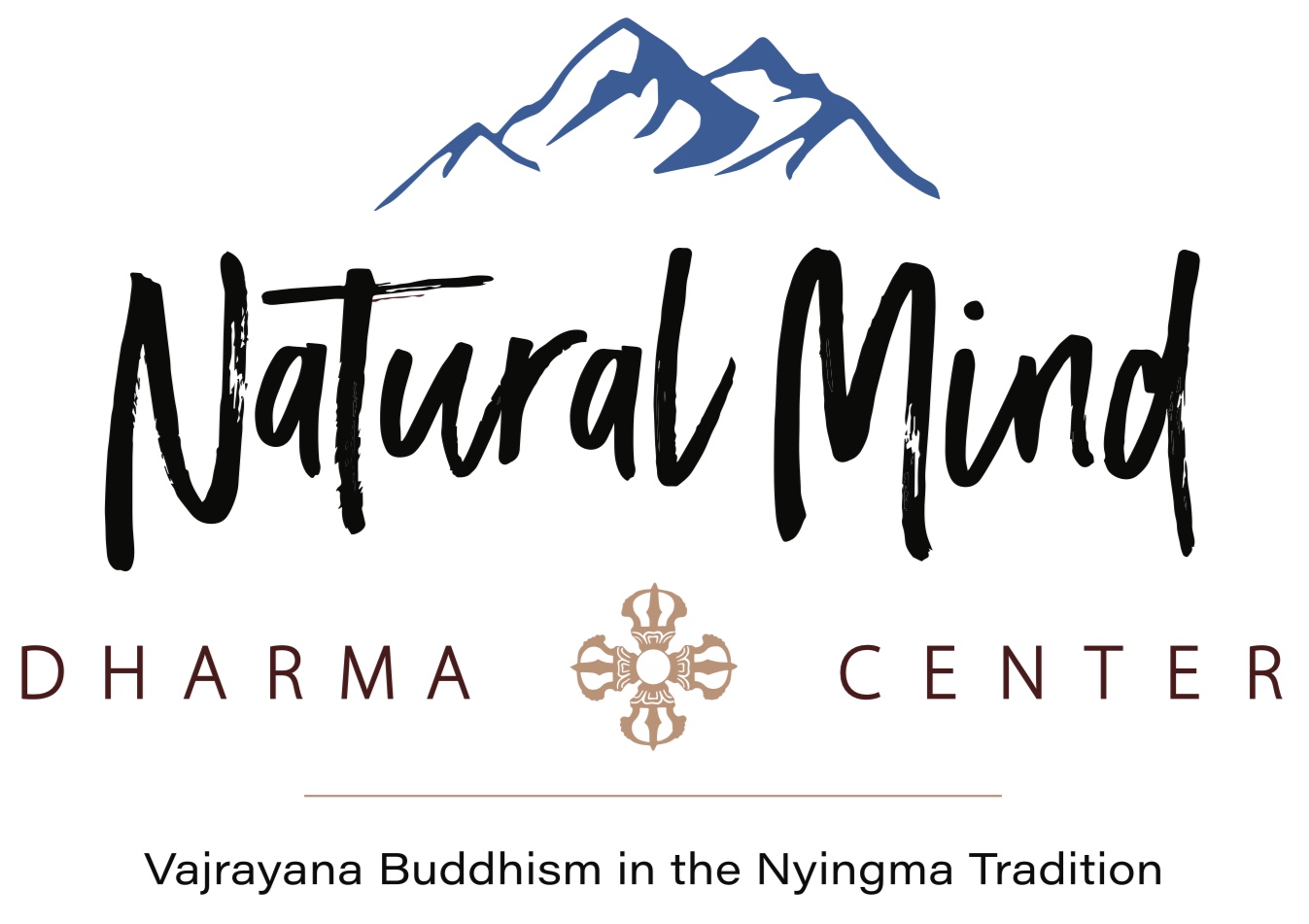Curiosity and Wonder
It is the middle of October and the vine maples along the banks of the Metolius are on fire. Tendrils of fine branches reach out over the river and sway in the breeze. They appear like tongues of flame whipping about waving goodbye to summer. My mind is captured by the scene, a gift of imagery nature often bestows. It is like free verse poetry where seemingly random phrases come together and paint meaning beyond the words, beyond the prison of concepts.
Nature always invites us to go beyond the conceptual. She moves in ways we do not readily comprehend. When we approach life without so much labeling, we open our eyes to a world full of magic and wonder. I think very few of us remember the childlike curiosity that sees things as miraculous. It takes practice to reawaken the mind that has no preconceived ideas about a thing—“to see a world in a grain of sand,” as William Blake put it.
Curiosity pervades my thinking. I wonder about everything. Some people ask me why I know so much about so many things. My answer is usually, why don’t you? Why would you pass a wildflower and think, “it is only a flower.” That flower is a botanical Buddha offering itself freely to those who would take the time to see, touch, smell, and otherwise engage the floral teacher. She hosts an entire world of color, fragrance, elements, and insects. Why would one not stop and smell, and wonder about, the roses?
It is because we rarely stop. Curiosity and wonder arise when we pause—and take a moment to actually be where we are. It is possible to free ourselves from preconceptions and see with the eyes of a child. My root teacher Khenchen Palden Sherab Rinpoche was always laughing with childlike delight—often for no apparent reason. I aspire to his wise wonder where everything is beautiful and funny. I feel his presence when curiosity overwhelms my assumptions and I see, as Blake wrote, “a heaven in a wildflower.”
